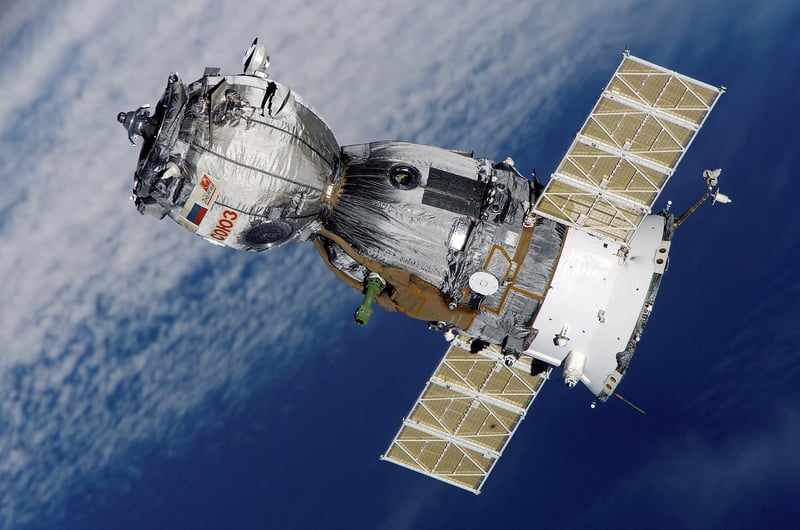Orbital Habitats
The Future of Living: Human Settlements in Space

As technology advances and humanity's curiosity for exploration grows, the idea of human settlements in space is no longer a distant dream but a plausible reality. One of the most fascinating concepts within this realm is the development of orbital habitats.
What are Orbital Habitats?
Orbital habitats are artificial structures designed to sustain human life in space. These habitats can vary in size and design, from small research stations to large-scale colonies capable of supporting thousands of people.
Benefits of Orbital Habitats
- Resource Utilization: Orbital habitats can harness resources such as solar energy and asteroid mining to sustain themselves.
- Scientific Research: These habitats provide a unique environment for studying space phenomena and conducting experiments in microgravity.
- Space Tourism: Orbital habitats could open up opportunities for civilians to experience space travel and living beyond Earth.
- Planetary Protection: Establishing habitats in space could help preserve Earth's ecosystem by reducing the strain on resources.
Challenges and Considerations
While the concept of orbital habitats is exciting, several challenges need to be addressed, including:
- Life Support Systems: Developing sustainable systems for air, water, and food supply in a closed environment.
- Radiation Protection: Shielding inhabitants from cosmic radiation and solar flares.
- Microgravity Effects: Understanding the long-term impacts of living in a microgravity environment on human health.
- Cost and Infrastructure: Overcoming the financial and logistical hurdles of building and maintaining orbital habitats.
Despite these challenges, ongoing research and technological advancements are bringing us closer to the reality of human settlements in space. The future may see a network of interconnected orbital habitats, serving as stepping stones for further exploration of the cosmos.
Exciting times lie ahead as we continue to push the boundaries of human existence beyond the confines of Earth.
